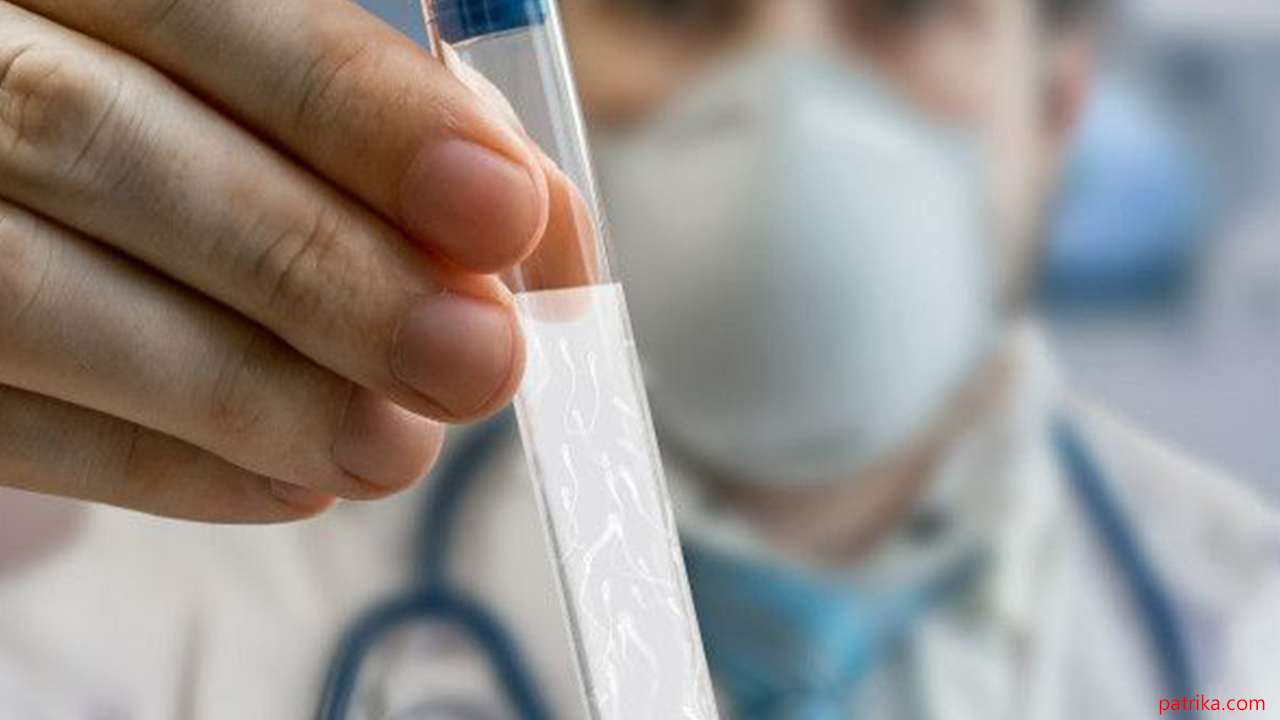
During in vitro fertilization, the ovaries are stimulated to produce multiple follicles. In vitro fertilization with Intracytoplasmic Sperm Injection (ICSI) can be used as a primary therapy for some patients (severe sperm problems, single females, lesbian patients, occluded or damaged fallopian tubes, diminished ovarian function, for example). In Vitro Fertilization (IVF) and Intracytoplasmic Sperm Injection (ICSI). This allows more sperm to be in the proximity of the eggs. The underlying principle is to bypass the major loss points for sperm in the female reproductive tract (the vagina and cervix), so that more sperm may be placed closer to the “destination”. Intrauterine Insemination with donor sperm is often used in conjunction with ovulation induction cycles. The use of frozen semen from an approved bank carries a theoretically minimal risk of transmitting infection since the frozen samples are held in quarantine while donors are re-tested for infection. Included are such sexually transmitted infections as hepatitis, herpes, Chlamydia, gonorrhea, acquired immune deficiency syndrome (AIDS), and others. This screening, however, in no way entirely eliminates all risk to the offspring of genetic defect(s).Īlthough extensive precautions have been taken to minimize the chance of infection, there remains some risk, although very slight, of contracting an infection from TDI. Donors’ family histories have been reviewed by medical geneticists to eliminate those with a higher than average risk of passing known major genetic defects to their offspring. The chance of obstetrical complications, spontaneous abortion (miscarriage), and having a child with physical or mental defects is the same with Therapeutic Donor Insemination (TDI) as with a pregnancy conceived after intercourse. Patients who use donor sperm samples for their infertility treatment must sign consents related to the storage and use of donor sperm. If he is not infected, the semen samples are made available for artificial insemination (AI).

The semen is frozen and quarantined for six months and the donor is then re-tested for STDs.

Semen obtained from reputable sperm banks has undergone rigorous screening for sexually transmitted diseases (STD) and a health risk questionnaire is completed by the donor and reviewed by trained personnel. For patients who are actively cycling with our office and attempting pregnancy, we will provide storage without additional charge. Occasionally, your provider may recommend using two samples per insemination.

Usually one sample is sufficient for one insemination. In order to save on shipping costs, some patients may order 3 or 4 samples so that they have enough for more than one cycle at a time. Samples are ordered from the sperm bank by the patient. Complete the Donated Sperm Acquisition form provided by the sperm bank and bring or fax to us ( 808.262.3744).Purchase specimen from your selected sperm bank.The purpose of this regulation is to increase safety by minimizing any risk of transmission and spread of communicable diseases, as well as providing high quality care to the recipients of donated tissue. The US Food and Drug Administration (FDA) has implemented new mandatory regulations for patients utilizing donor sperm. The female donor sperm recipient should generally be of normal fertility potential. The first step is to contact the Fertility Institute of Hawaii prior to considering donor sperm IVF in Hawaii.Īll potential donor sperm patients and partners are thoroughly evaluated before receiving donor insemination. We typically use sperm banks from the mainland for patients wanting to use donor sperm for intrauterine insemination or IVF in Hawaii. The Fertility Institute of Hawaii stores sperm onsite as the Hawaii Sperm Bank. Prior to considering donor sperm IVF or IUI in Hawaii, you should contact our office for advice.

Donor sperm can be used for Artificial Insemination or In Vitro Fertilization and Intracytoplasmic Sperm Injection.


 0 kommentar(er)
0 kommentar(er)
